A truly unified world of the Ear, Nose, and Throat are intricately connected as they can function as one unit and supporting one another. Since they are connected when there is a problem it affects the rest like infections, swelling, dripping and congestion.
Environmental components (allergens) like pollen or grass triggers allergies that cause a reactive response to your nasal passages. They cause itchy eyes, sneezing, asthma, headaches, nasal obstruction and sore throat. With medical history, both blood and skin allergy tests can help detect the sensitivity to certain allergens. If one is diagnosed with sinonasal allergies, there are multiple initial treatment options. It is depended on the severity and type of allergic response. Treatment plans are customized to accommodate your lifestyle involving nasal sprays, and allergy medications (antihistamines) and allergy drops.
Having dizziness, feeling as if one is going to fall, faintness, blurred vision or disorientation results in a balance disorder. Some of the balance disorder includes Common balance disorders include vertigo, labyrinthitis, Ménière’s disease, Vestibular neuronitis and Perilymph fistula. An otolaryngologist may recommend a hearing examination, blood tests, an electronystagmogram or imaging studies of your head and brain. Treatment for balance disorders depends upon the type of balance disorder diagnosed, symptoms, medical history and general health test.

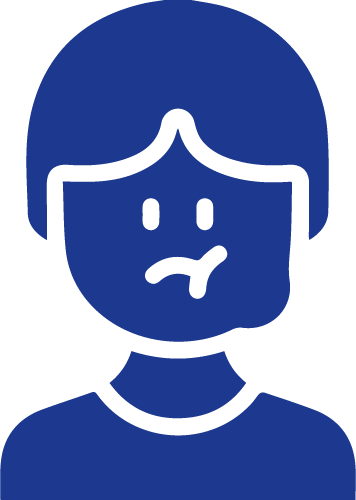
Granuloma
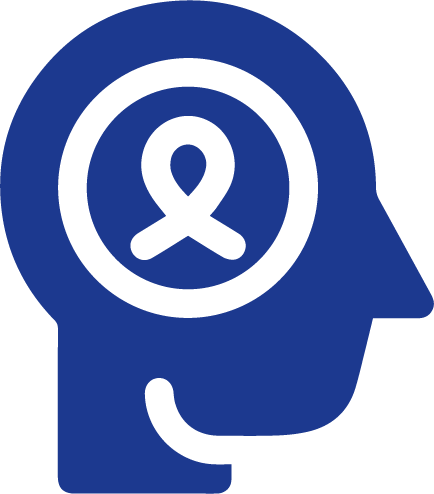
Head and neck cancers
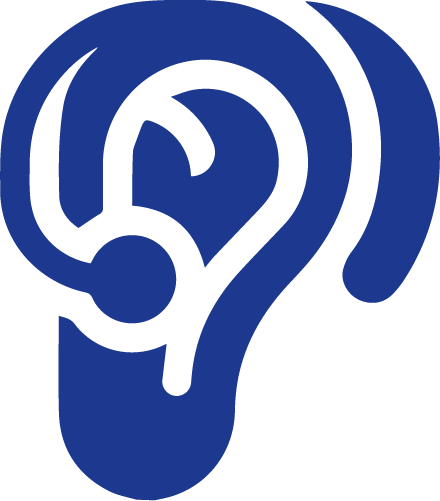
Hearing Aid
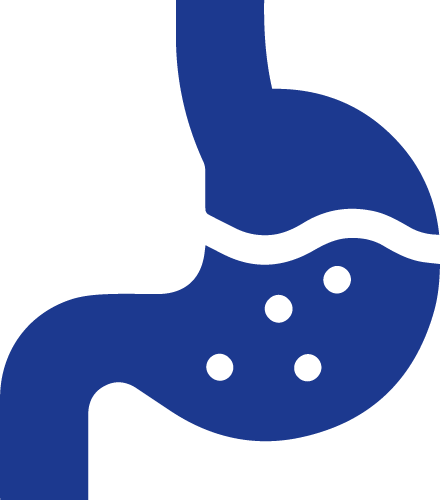
Laryngo-pharyngeal Reflux
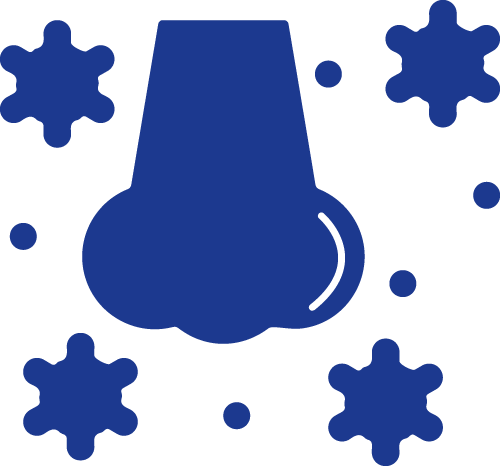
Nasal obstruction
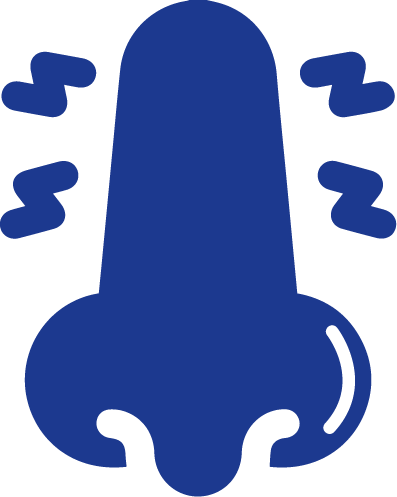
Sinusitis
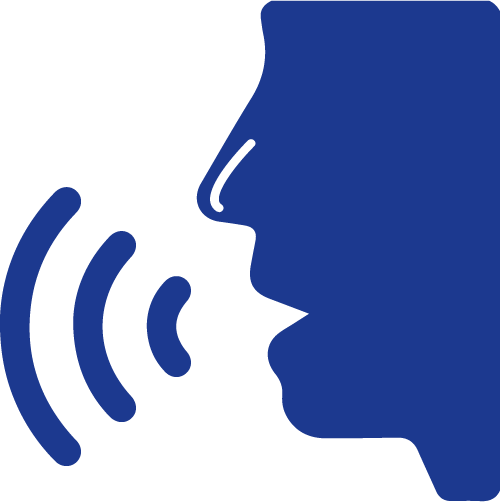
Spasmodic dysphonia causes
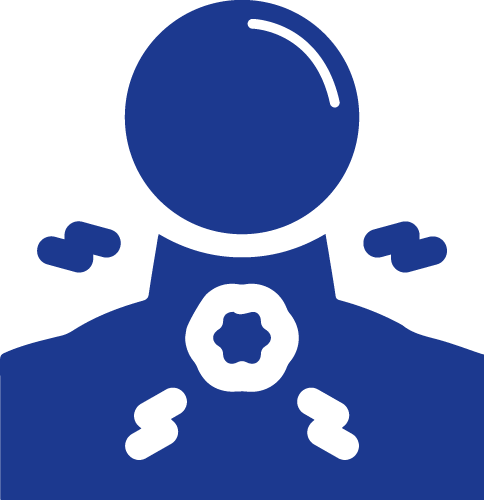
Swallowing disorder
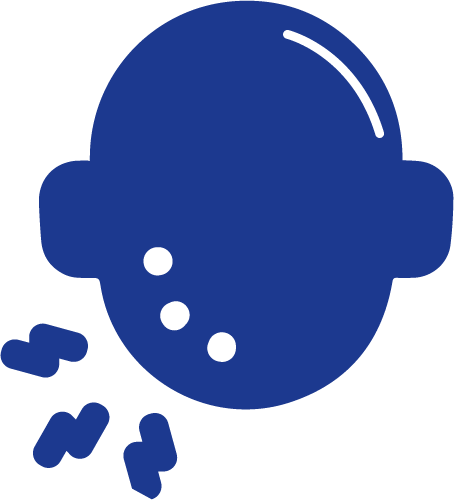
Temporomandibular joint (TMJ) syndrome
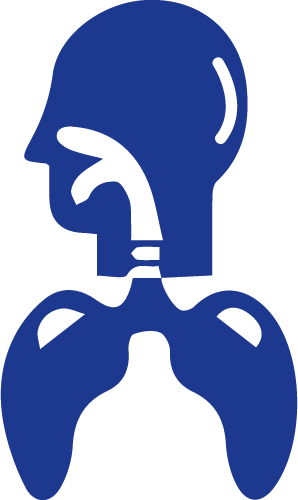
Upper airway disorders
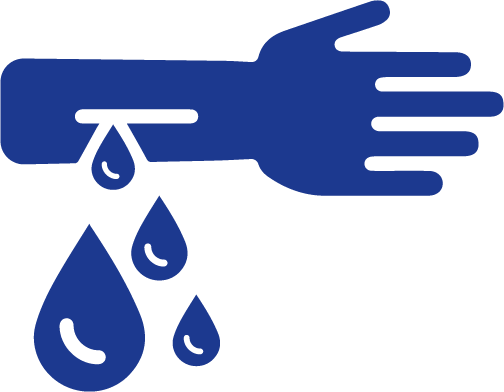
Hemorrhage occurs
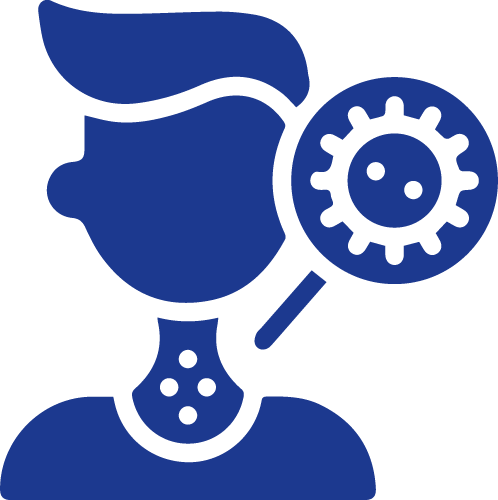
Vocal cord cysts
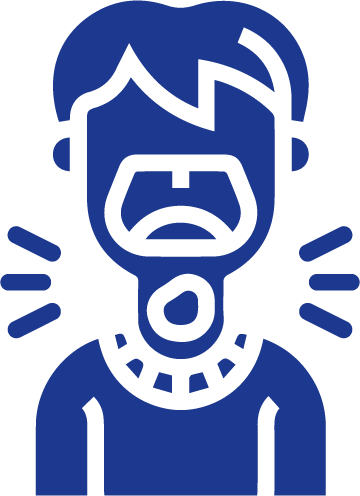
Vocal fold paralysis
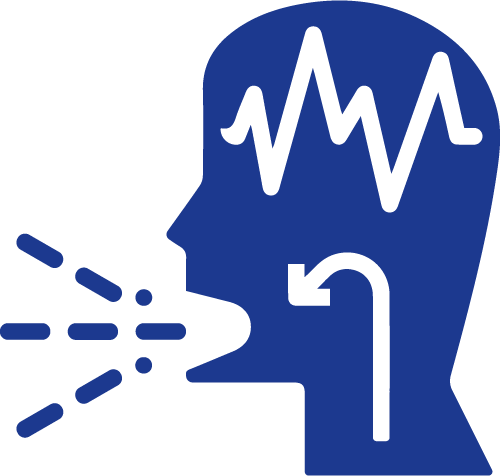
Vocal hyperfunction
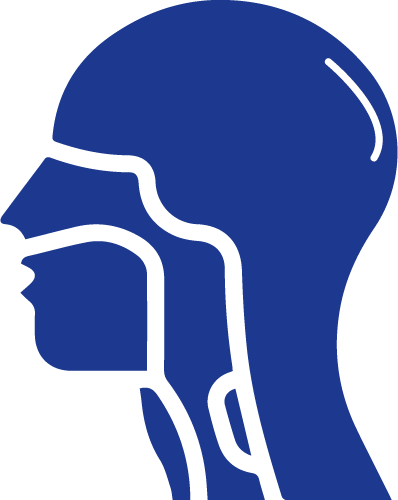
Vocal nodules and polyps
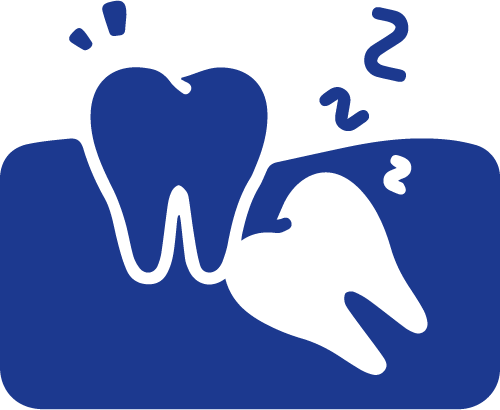
Wisdom teeth

Allergies
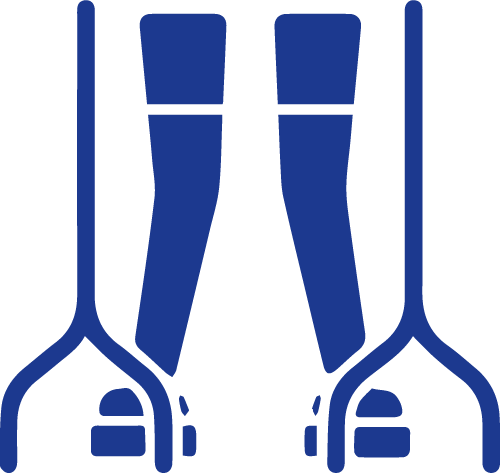
Balance disorder
Cleft lip and cleft palate
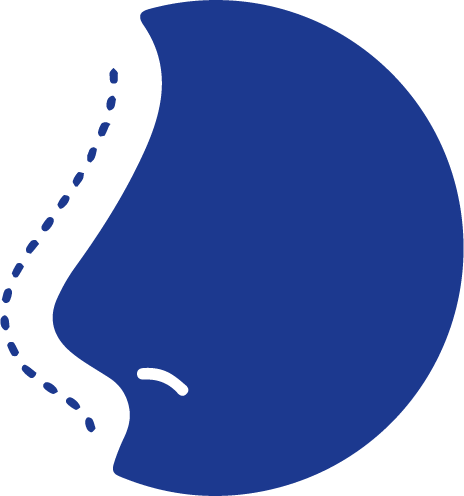
Deviated septum
There are no special tests for the diagnosis of Cleft lip and cleft palate since in most of the case it is immediately visible at the birth. The Cleft lip and cleft palate are normally treated with surgery, with the follow-up surgeries performed to improve speech or appearance of the lip and nose.
When the nasal septum is displaced to one side one could face the condition of deviated septum. Treatments of a deviated septum include decongestants, antihistamines, nasal steroids and surgery. Medications are recommended before the surgery.
Accumulation of scar tissue in either the back of the vocal folds or along their surface is granuloma which is caused by a minor injury in the presence of laryngopharyngeal reflux. Special sessions are conducted with voice therapy weekly for about 8 visits. Exercises are provided to be completed at home. If you need surgery, voice therapy may occur either before or after surgery takes place.
Understanding the type of hearing loss and its cause is significant in treating the same. Hearing loss can be corrected by medical or surgical treatment. Most of the hearing loss is due to the problems or injuries of the inner ear. They cannot be corrected surgically since it is permanent. But they can indeed be improved with hearing aids or assistive devices.
An inflammation of the mucous membrane lining the sinuses affects more people than any. Acute Sinusitis is a sudden onset infection, with fewer than four weeks of symptoms whereas chronic Sinusitis last for more than 12 weeks. Treatment of sinusitis depends on the symptoms and findings of the evaluation. Medications are first-line treatment for chronic sinusitis. Sinus surgery is recommended when medication fails to show any improvement.

Spasmodic dysphonia causes involuntary movement of the larynx that can lead to extensive vocal strain. It breaks in your voice when saying certain words and shaking in the voice. Treatment for spasmodic dysphonia involves periodic injections of Botox to the larynx to maintain stable voicing, followed by voice therapy. If you need surgery, voice therapy may occur either before or after surgery takes place.
Swallowing disorder shall make one in pain when you eat or drink, making it difficult to have enough calories for nourishment for the body. Video swallow study, Fiber Optic Endoscopic Evaluation of Swallowing (FEES) and swallowing therapy are used for the treatment.
Temporomandibular joint (TMJ) syndrome is a disorder of the jaw muscles and nerves caused by injury to the temporomandibular joint. When the joint is injured, it can lead to pain with chewing, clicking, crackling, and popping of the jaw resulting in swelling on the sides of the face, nerve inflammation and headaches. Medical treatment may include short-term non-steroidal anti-inflammatory drugs for pain and muscle relaxation, bite plate or splint therapy, physical therapy with jaw exercises, trigger point acupuncture, and stress management counseling. Treatment is available for Upper airway disorders, vocal cord haemorrhage, vocal cord cysts, vocal fold lesions, Vocal hyperfunction, Vocal nodules and polyps and impacted wisdom tooth.
Copyright © 2024. All Rights Reserved